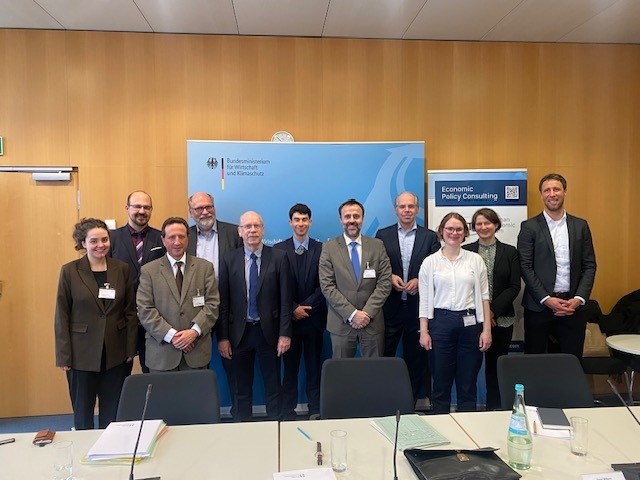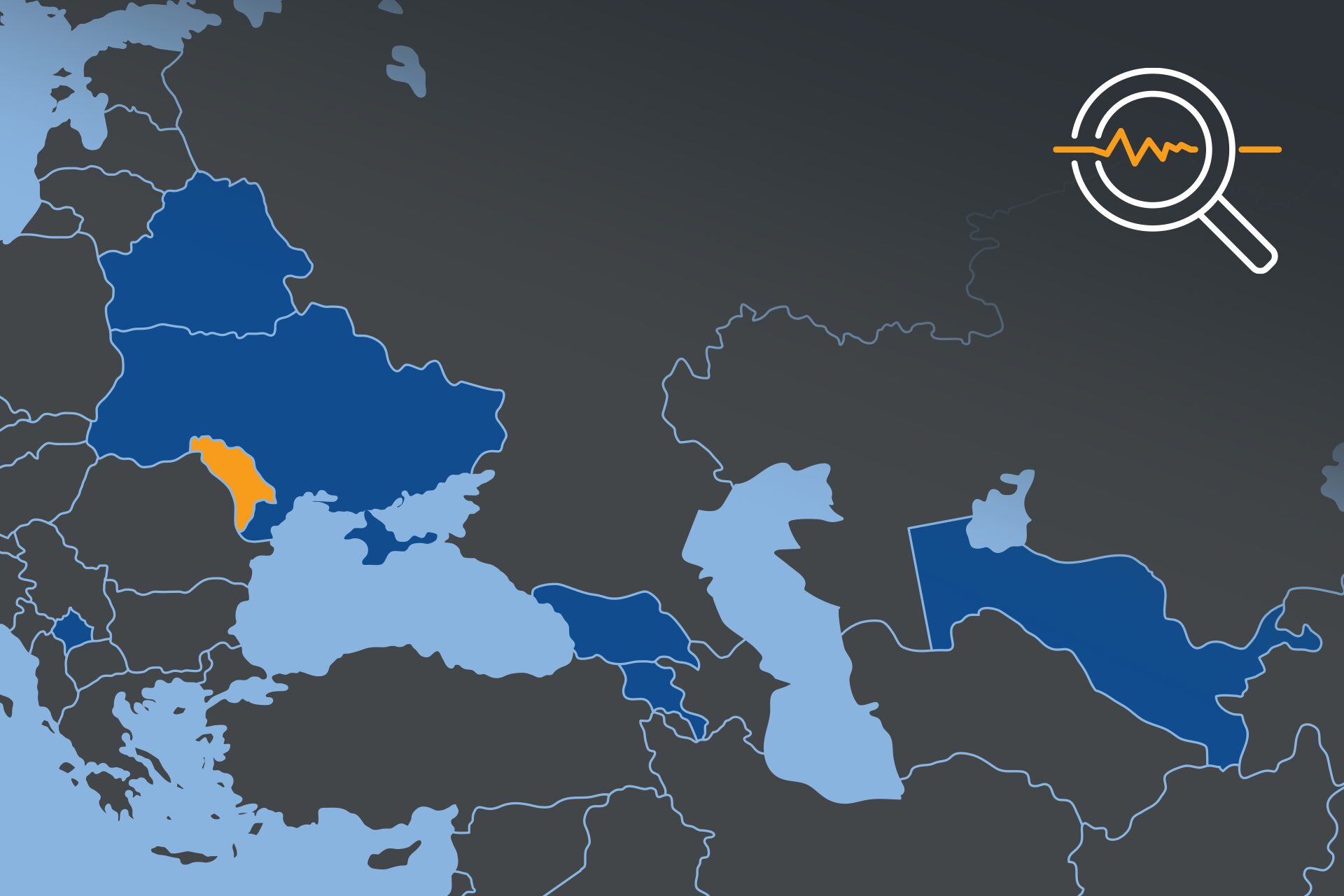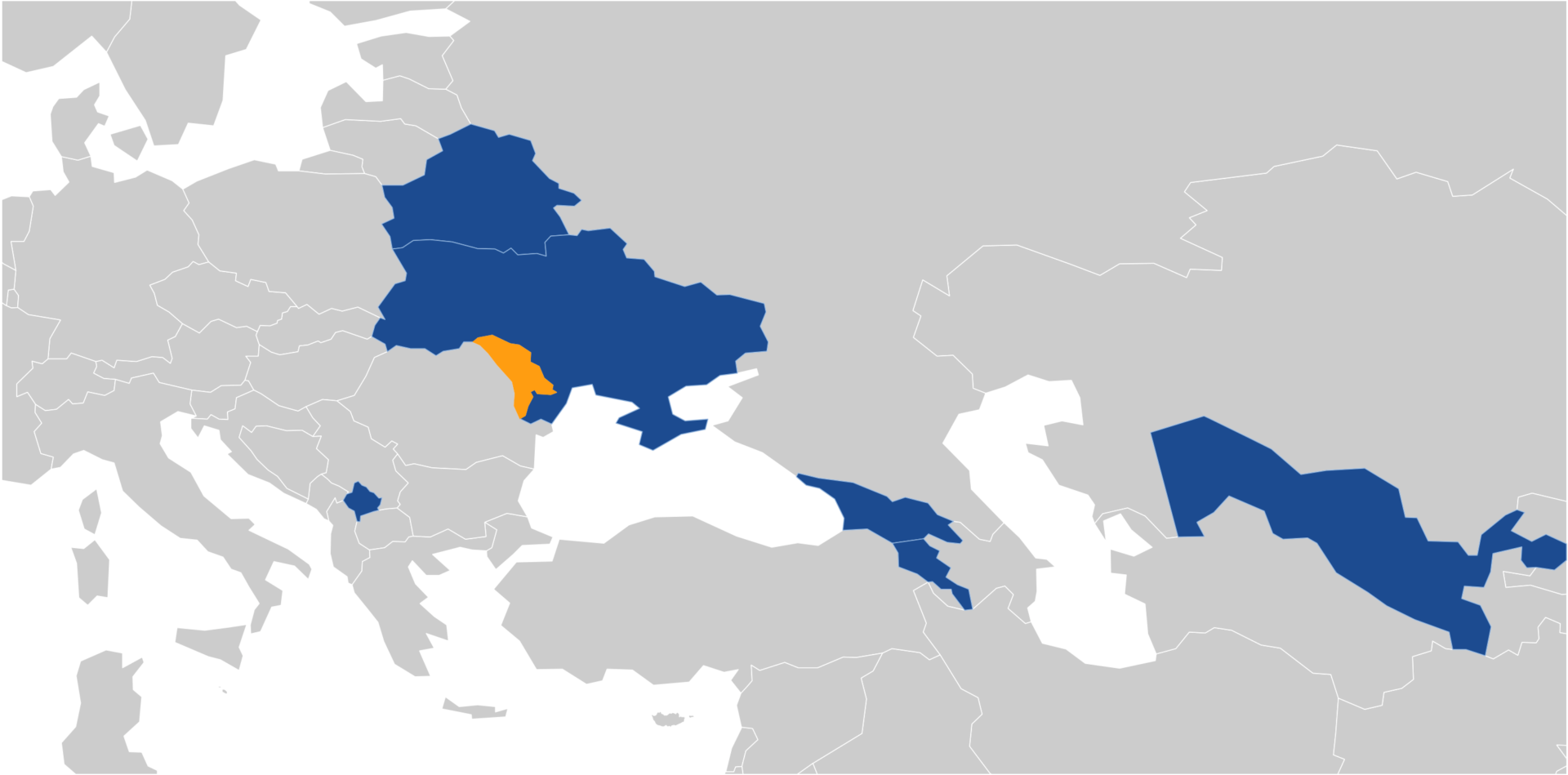The German Economic Team has presented the latest Economic Monitor for Ukraine and Moldova at the 23rd information event on 15 February at the Federal Ministry of Economics and Climate Action (BMWK).
Moldova
Due to the country’s geography and an association agreement with the EU, Moldova’s economy is increasingly less agriculturally dominated and significantly more integrated into European manufacturing value chains.





